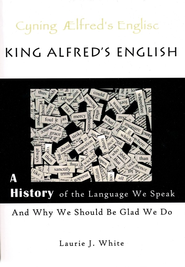It’s summer. A sweet breeze of relief flows through the family tree and tickles the leaves. You hear a child giggle.
But you’ve worked hard on this year’s writing classes, and you want to make sure that your children’s writing skills don’t completely deteriorate during summer vacation. What can you do?
Summer is fun, and your children’s summertime writing activities can be fun for them and for you as well. Otherwise, it’s not really summer!
The most important feature of writing in summer is
Read More


















